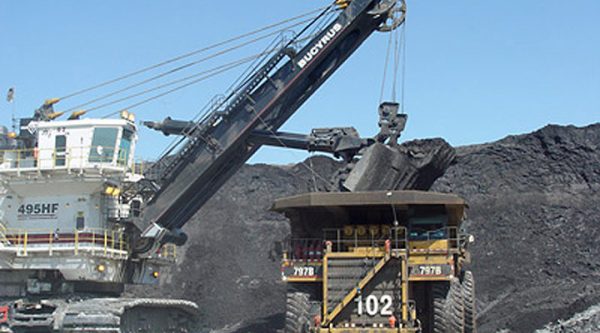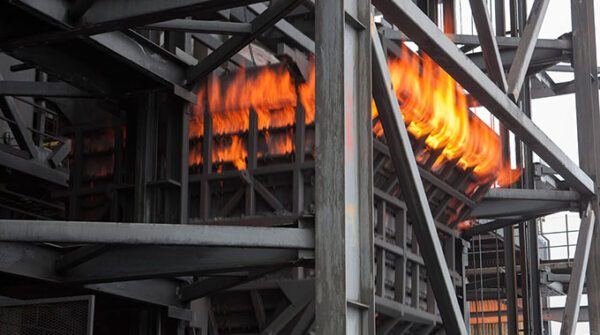Integrated energy resource plan crafted

Government is crafting an integrated Energy Resource Plan that would see power projects being implemented through a competitive procurement process as part of efforts to attract cost-effective projects.
It’s meant to serve as a guide for energy investment, taking into account all viable power supply options and guide the selection of the appropriate technology to meet national demand.
The development is opposed to the current situation where potential investors solicit for bids and hold on to the licences for speculative purposes.
This comes at a time when Zimbabwe is grappling with challenges of power shortages due to low local production in the country, a situation which has resulted in punitive rolling power cuts on a daily basis. Zimbabwe is also struggling to import power because acute shortage of foreign currency. Currently South Africa’s power utility Eskom is supplying 50 megawatts (MW) of electricity to Zimbabwe on noN-firm basis, meaning it can only supply Zimbabwe is it has supply.
“From a planning and policy perspective, the ministry (of Energy and Power Development) is in the process of developing the national integrated Energy Resource Plan that will allow a systematic development of the power sector where projects will be implemented through a competitive procurement process and not through unsolicited bids,” Magna Mudyiwa, deputy minister in the Ministry of Energy and Power Development said at the Zimbabwe National Chamber of Commerce breakfast meeting on power crisis held in the capital Monday.
She added: “The Ministry seeks to increase the share of renewable energy sources in the mix. My ministry is set to launch the Renewable Energy Policy once internal approvals are completed, which will promote uptake of renewable energy projects and allow for a competitive selection procurement process for the development of future projects. This is opposed to the current situation where potential investors solicit for bids and hold on to the licences.”
Over 60 different projects have been licenced by ZERA to generate electricity with a total capacity of over 5 000 megawatts.
But, Mudyiwa highlighted: “Those who are not demonstrating capacity to execute their projects will have their licences revoked to avoid rent seeking tendencies”.
Government is currently working on Hwange 7 & 8 expansion which is expected to add 600MW into the national grid. The first unit is set to be commissioned by 2021 and the second unit in 2022.
The country also has a potential to produce about 2 100 megawatts of solar electricity by 2030. Business Times


